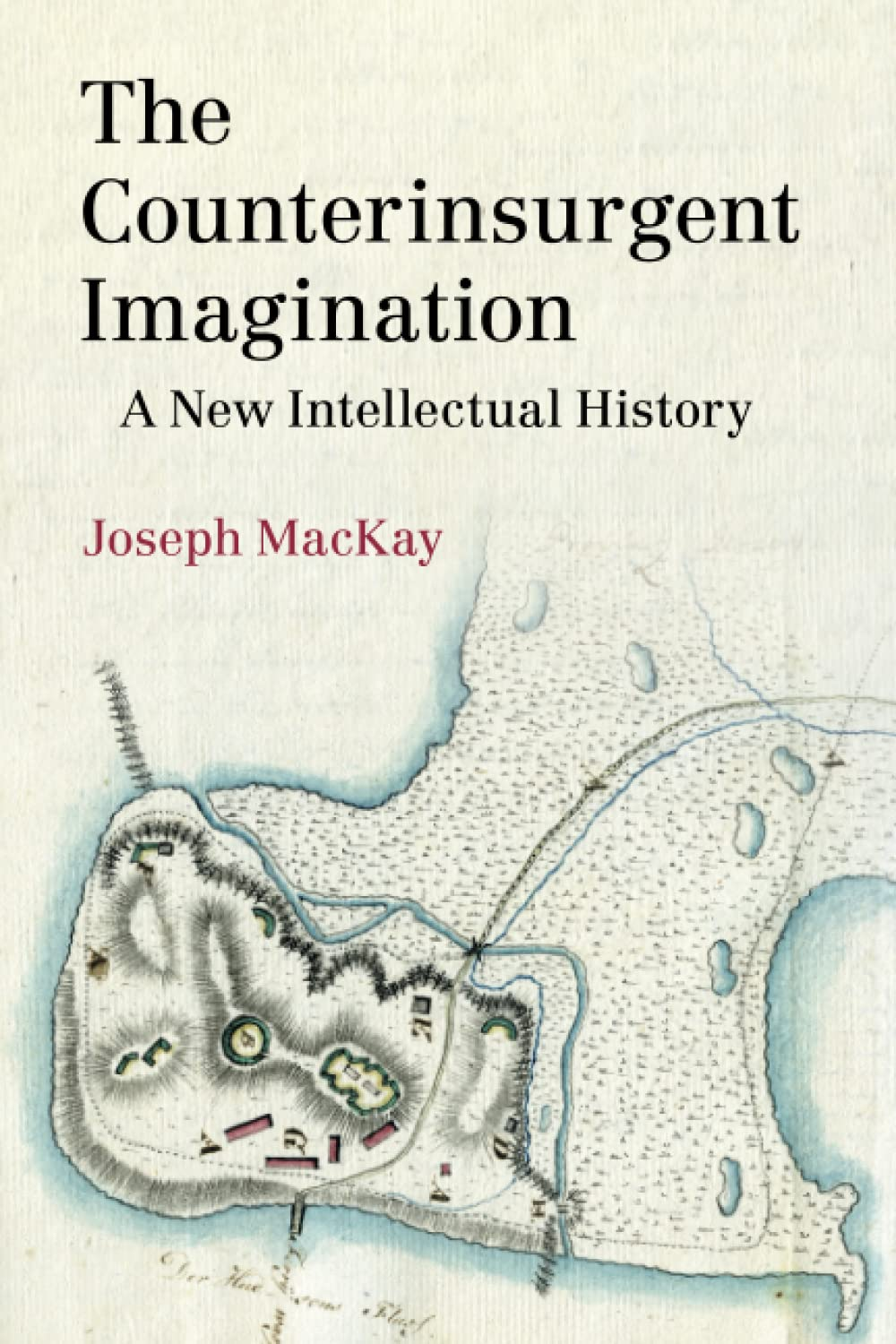TF: You set the outline of the book as “a long-run intellectual history of counter-revolutionary wars” that uses a set of “military manuals as records of idealized practice” to maintain the status quo (pp. 3, 6). To understand these texts, you take your methodological cue from the Cambridge School, specifically from J.G.A. Pocock and David Armitage’s “serial contextualism.” Why did you choose this approach for your set of texts and to argue your case about counter-revolutionary war?
JM: The puzzle motivating the book is that there is a lot if you look at counterinsurgent or counter-revolutionary ideas over the long haul. A really remarkable variety of ideas. That variety narrows out quite a bit after 1945 or so, but that lines up broadly and roughly with a decline in counterinsurgent success rates in practice. So: why the wide variety? And why an eventual convergence of ideas that do not seem to work reliably in practice?
Answering these questions calls for a look at the relatively long run of modern counter-revolutionary war. I wanted to pull out a longer time horizon to consider what we now call counterinsurgency and its antecedents. Many historical accounts of this stuff start in the late nineteenth century, at the height of European colonialism. Work like that ties more recent practices back to overt, formal imperialism. It does that very effectively. I wanted to go further and see how imperial “small wars” talk came about. Doing that required going back to the centuries before the “new imperialism” in Africa and Asia and an in-depth case from before that period. So that is Johann von Ewald, a Hessian officer who served with the British in the American Revolutionary War. What we find there is not just a prior tradition but a fair bit of contestation already happening. Ewald came from a Central and Eastern European “small war” tradition associated with rural and geographically marginal spaces. It was not particularly ideological. But in America, he ran up against actual revolutionaries. His project became tacitly counter-revolutionary in response.
There has been some great work on European small wars that broader period in the last decade or so, for example, by Sibylle Scheipers, Beatrice Heuser, Bruce Buchan, and Benjamin Deruelle. Looking at that period, and focusing on Ewald, allowed me to establish a status quo ante for later imperial warfare practices associated with C. E. Callwell and others. From there, the story moves to better-trod ground and the eventual emergence of a post-1945, especially post-1960 consensus.
